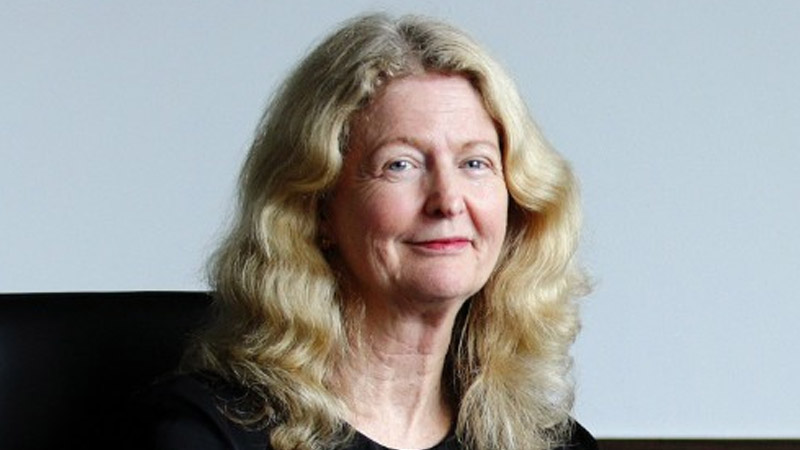Increased capital access needed for SMSFs to level the playing field
The regulatory framework governing access to investment advice and capital raisings needs to be reformed as the continued impact of capital concentration has created an uneven playing field for SMSF and retail investors, according to an industry body.
In a recent submission to the Senate inquiry into the implications of common ownership and capital concentration in Australia, the Stockbrokers and Financial Advisers Association (SAFAA) stated that the current capital investment landscape had locked out many retail investors such as SMSFs.
Unless a level playing field is introduced for retail investors, including SMSFs, to participate in capital raisings, capital will inevitably concentrate on institutional investors, many of them domiciled offshore.
This also increases the burden on financial advisers as access to good quality investment advice is becoming much more difficult for ordinary Australians. This will result in detriment to retail investors.
The SAFAA noted that the investment banking industry has almost completely exited the retail, SMSF, and high net worth (HNW) investor space and structures capital raisings targeting their own domestic and international institutional clients, often hedge funds, that results in shareholder dilution.
“This demonstrates a lack of engagement with non-institutional shareholders. Where capital raisings, including emergency capital raisings undertaken in the Global Financial Crisis and in 2020 as a response to COVID-19, are undertaken without meaningful small and HNW shareholder inclusion, Australians lose the capacity and opportunity to support Australian businesses and participate in their recovery and future prosperity. Retail, HNW and investors are disadvantaged twice,” the SAFAA stated.
“Not only are their shareholdings in ASX listed entities diluted, but they miss the opportunity to buy shares at prices that are often a hefty discount to the market price. Those gains go to a few institutional investors, frequently domiciled overseas.
“This is a result of those facilitating capital raisings typically not offering retail and SMSF investors a proportionate opportunity to participate in discounted capital raisings, instead relying on domestic and international institutional clients.”
While there is recognition that Australia has long been an importer of capital, the SAFAA said the exclusion of retail investors, including those in SMSFs, discriminates against them, despite their support of the company over long periods of time.
At the same time, the exclusion of retail investors from discounted capital raisings frequently advantages investors with little history with the company. In almost all cases of capital raisings during the COVID-19 pandemic, retail and SMSF investors were not offered a proportionate opportunity to participate in discounted capital raisings
According to the SAFAA, most emergency fund raisings that were undertaken were via heavily discounted placements (utilising the temporary 25 per cent placement capacity without shareholder approval) and, only in some cases, with attached meaningful Share Purchase Plans or entitlement offers that lessened the dilutionary impact on retail and SMSF shareholders.
“This was particularly evident in the larger companies with widely distributed shareholder registers. Companies that go to the market for capital during a crisis are largely seeking to do one thing – recapitalise and strengthen their balance sheets,” the submission stated.
“They are not usually looking to change their business model or make an acquisition. Shareholders are already invested in the business and should have the opportunity to participate. The risk to them is not an investing risk, but missing out.
“The discrimination is exacerbated by the fact that once companies have made the institutional placements, the share prices start to appreciate, making it more expensive for retail investors to purchase additional shares. And the institutional shareholders who came onto the register so recently sell at the higher price, thus having increased their wealth at cost to retail investors. It is not a level playing field.
"Reform is needed to ensure that retail, SMSF and HNW investors are provided with a level playing field in relation to capital raisings.”
Another recommendation which is also shared with the SMSF Association is that developing a single digital retail platform that builds on advances in financial technology could create a more efficient mechanism for fund raising from SMSFs and retail investors, according to the submission.
“The purpose of such a platform would be to create a more efficient mechanism for fund raising from SMSFs and other retail investors,” the SAFAA explained.
“Participants could register for the single depository which would help facilitate an even quicker process for brokers to access larger retail markets. Not only would this be more effective for capital raisings, but it may also be useful for larger-scale infrastructure investments that SMSFs and retail investors are also typically restricted from accessing.”

Tony Zhang
Tony Zhang is a journalist at Accountants Daily, which is the leading source of news, strategy and educational content for professionals working in the accounting sector.
Since joining the Momentum Media team in 2020, Tony has written for a range of its publications including Lawyers Weekly, Adviser Innovation, ifa and SMSF Adviser. He has been full-time on Accountants Daily since September 2021.


